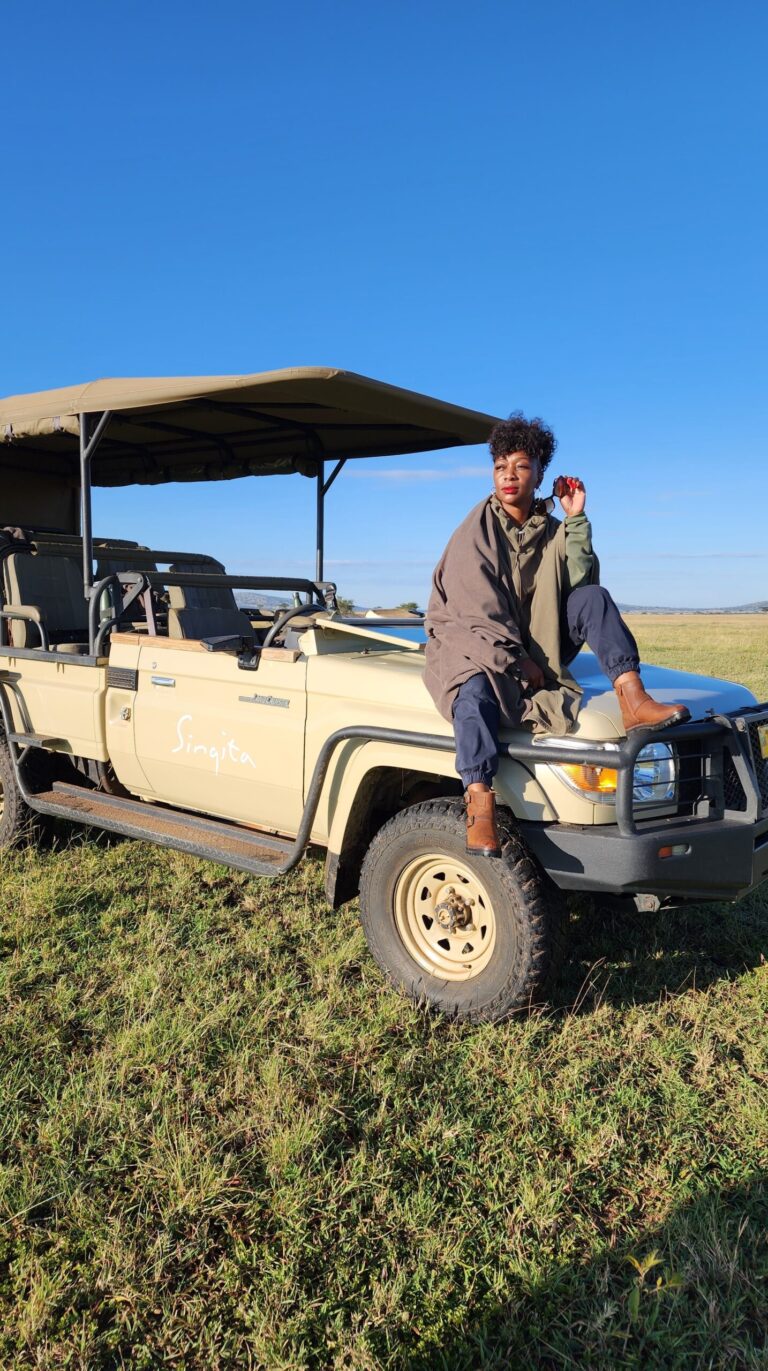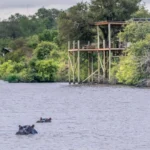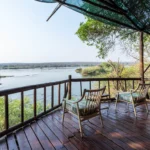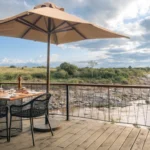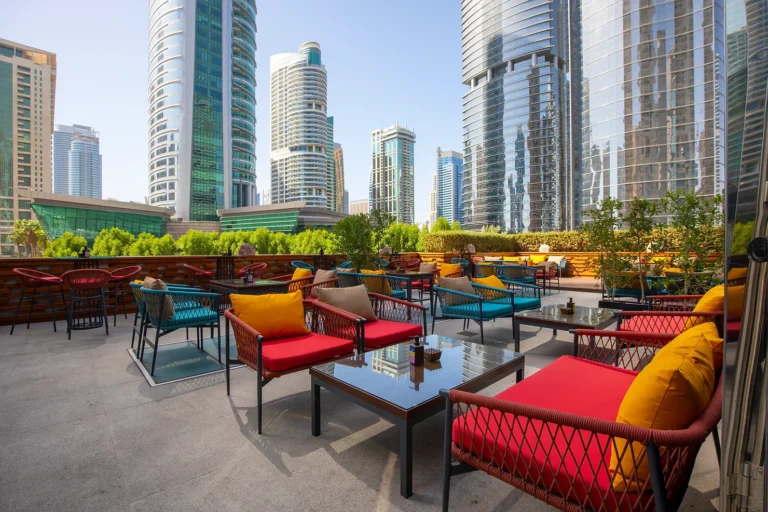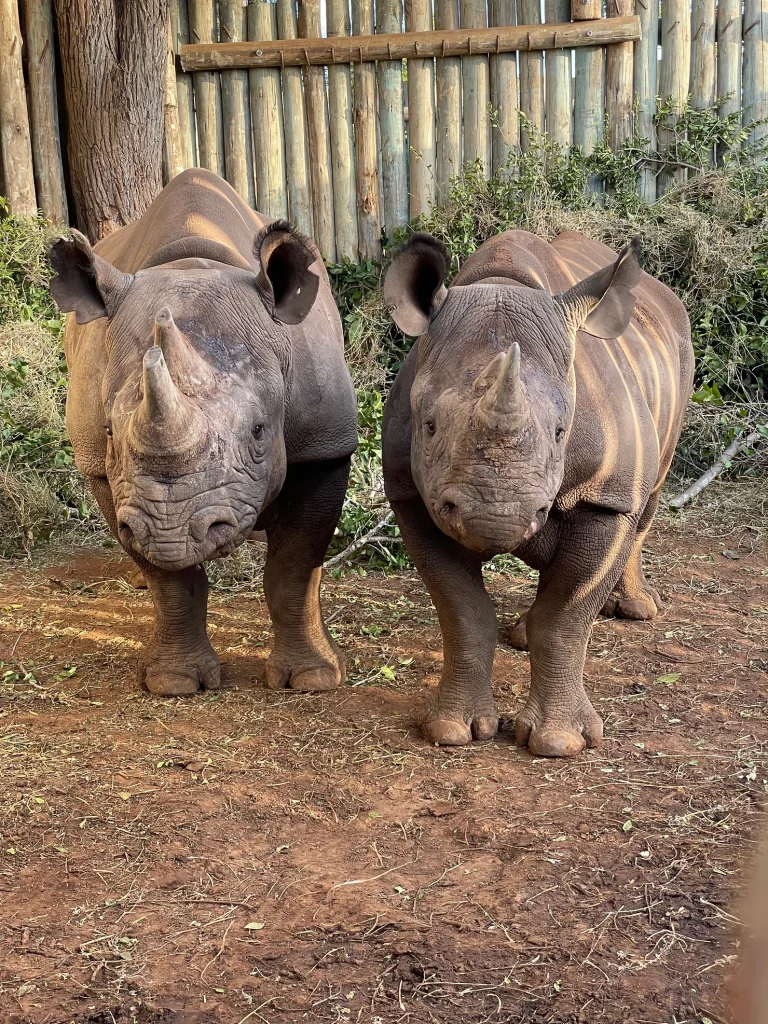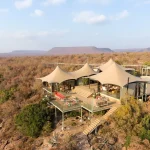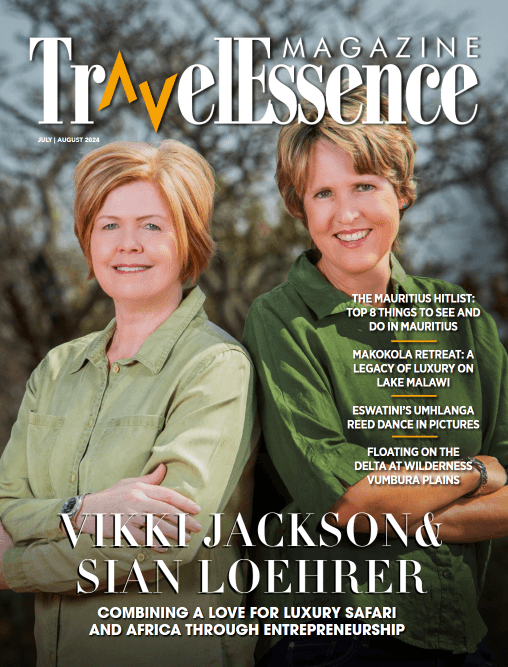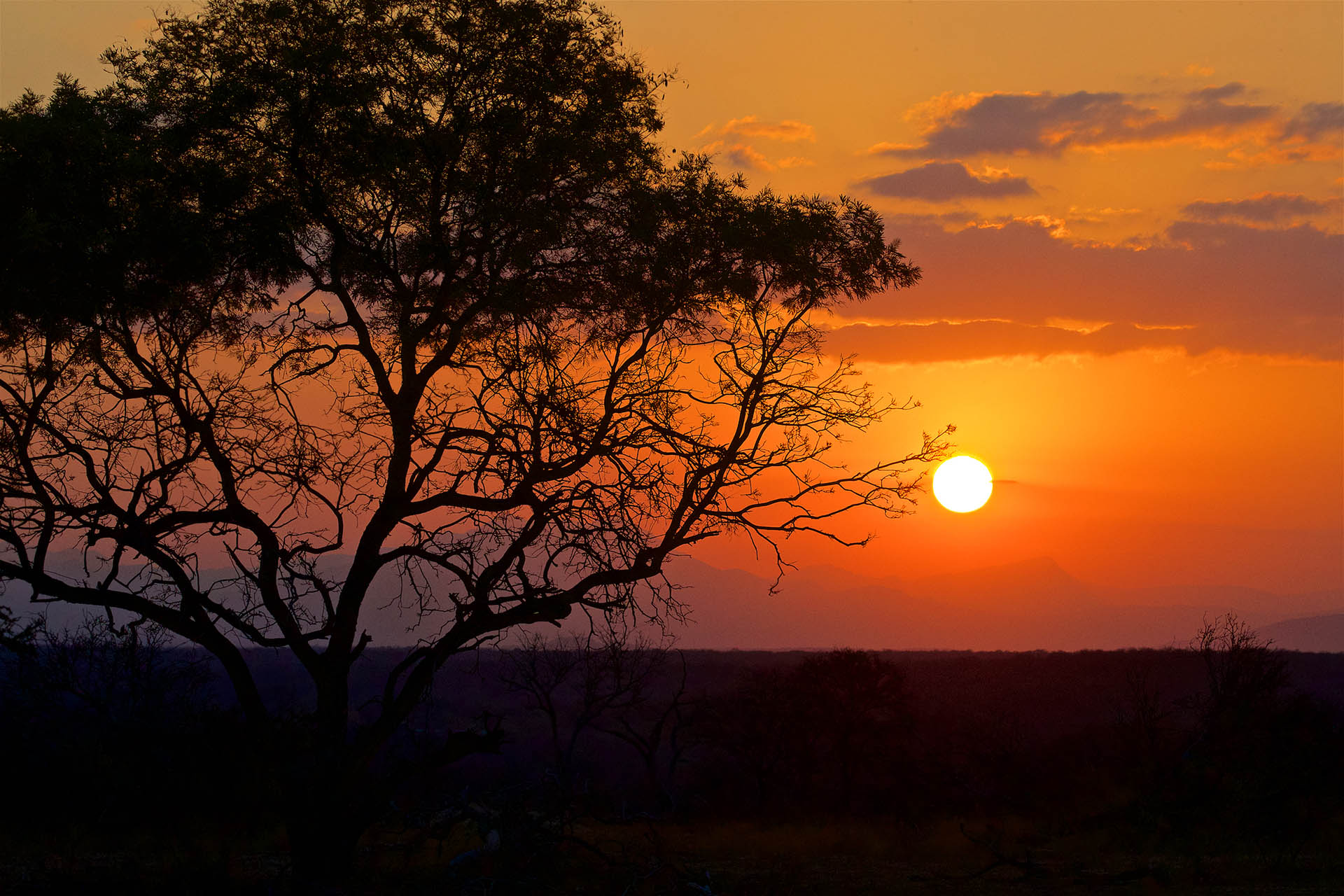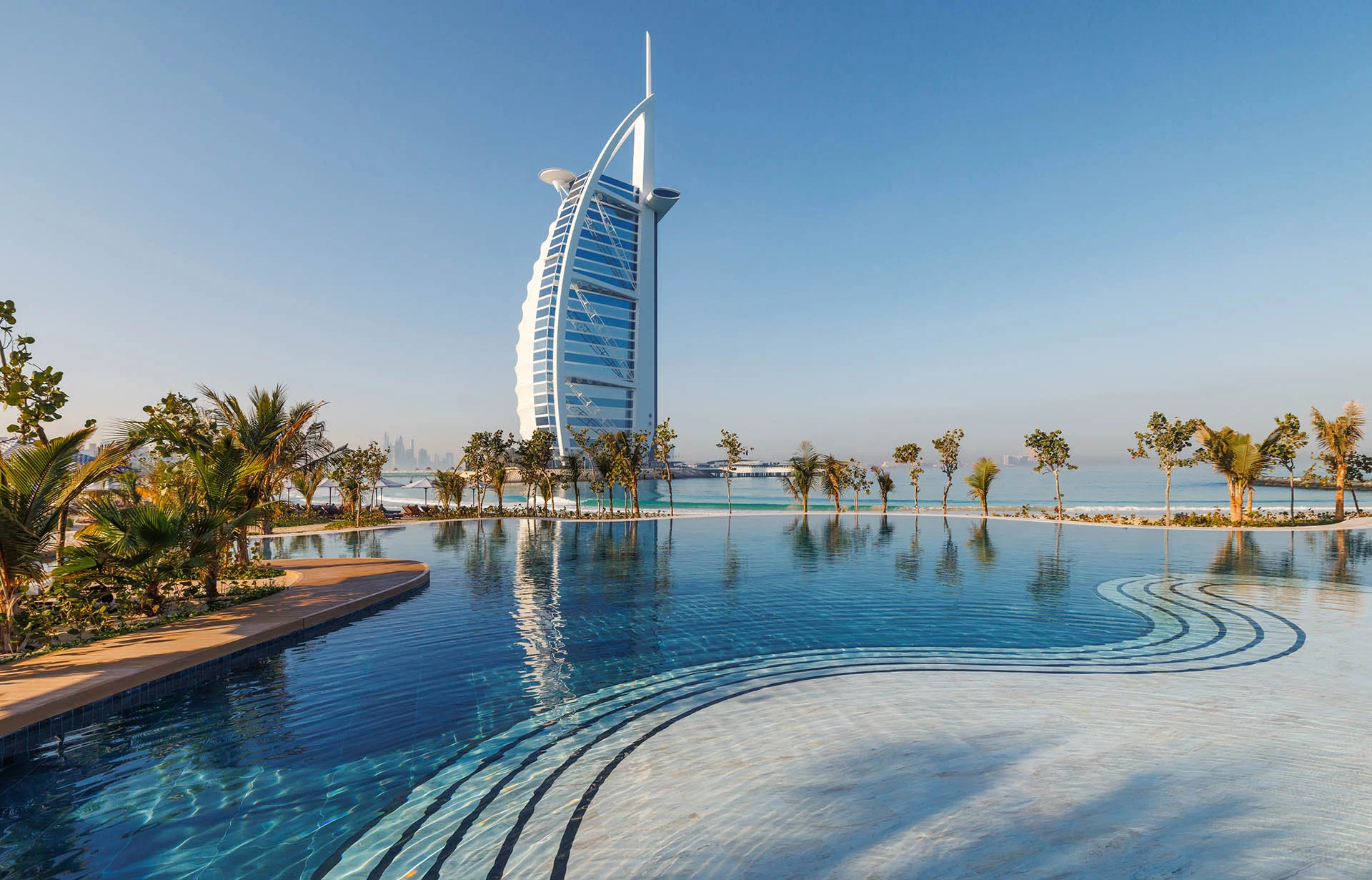Words by Solly Moeng
It has become clear that it will still be some time before the whole world can safely proclaim the 18 months or so of the economically devastating Coronavirus a thing of the past. We should not discourage the laudable optimism of those who began months ago, even back in 2020, to talk of a post Covid-19 world and pretend as if we’re already there, as that is the best way that they, and all of us, can shed the pains of the past 18 months and start shaping a world where Covid-19 would be a thing of the past, belonging to history books. Starting by imagining ourselves in it is therefore not such a bad thing.
But we’re not quite there yet, as this global pandemic seems to be having fun at our collective expense as it keeps returning in dribs and drabs in the form of new strains, taking more lives and causing the destruction of more livelihoods in its path. Some countries are already talking about additional, “booster”, vaccination for those who are already vaccinated, just be sure that the protection they have is strengthened.
Africa cannot wait
But Africa – and our travel and tourism sector – cannot simply sit still and wait for her fortunes to be determined solely by the vicissitudes of the Coronavirus, Covid-19, or the global pandemic, whatever name one chooses to refer to it by. While more care has to be integrated into health safety protocols that get put in place from the departure to arrival and throughout the entire stay in the traveler’s tourist destination, and all the way back to where they would have begun their travel, the Coronavirus should no longer be a sufficient reason for people to hold off to their travel plans – provided they have been fully vaccinated or are proactively getting tested to ensure they aren’t infected as they move from one place to the next.
In a sense, we already have a sense of what the post-Covid-19 Africa will be like. It will not be that much different from the rest of the world as far as new health safety protocols are concerned, as they will have to be globally uniform, but nothing could ever replace the physical experience of travel to Africa. There was a point at which the virtual world we have been forced to live and operate in over the past 18 months became too uniform, giving some the false impression that they no longer needed to ‘be there’ in person and to taste the food, partake in the dances and other cultural experiences, or enjoy a dawn or dusk game drive in the African Savanna. Those who are already caught up in this kind of thinking are mistaken, of course, and need to be reminded of an African world. Only Africa can remind them.
The work of those who make a living out of the pleasure of marketing African destinations is, more than ever before, well cut out for them. Apart from assuring potential travelers about the health safety measures in place to protect them, they must also be true, convincing, storytellers, and master the ability to move people from the false trappings of virtual tours – which have been good for keeping the dream alive – to inspire them to develop the appetite again to travel in person. Luckily, humans are social animals. Their desire to be in the same space with others will not be forever killed by the Coronavirus. It just needs the right kind of stimulus to rejuvenate it.
What travel to and within Africa now looks like for some
People who have already traveled to Africa will agree that the mere idea of returning is sufficient stimulus to reawaken the desire to experience Africa again as the whole world emerges from many months of Covid-19 induced movement restricting lockdowns. But Africa will not be alone in trying to entice foreign tourists to come and experience its unique, diverse, offerings. The hunger for more local and international tourists is, more than ever before, a global phenomenon as many economies that rely on proceeds from tourism place their offerings on the global market with packages that many will find hard to resist.
Competition will be stiff, not because African experiences can now be had through virtual tours or at recreated, artificial, theme parks in some parts of the world, but because potential tourists who are still comfortable with long-haul travel will also be a lot more discerning. They will be mindful of health safety, in the first place, and of costs. The destinations that offer them peace of mind, in terms of healthy safety measures, and well-priced packages to entice them to travel, will win their patronage. Nothing can replace in-person travel to any destination that offers an irreplaceable confluence of body and mind experience offered by African destinations, whether such experience gives one a sense of having returned home – for many who, directly or products of several generations, are long-established in the diaspora – and for those who can only feel an authentic connection with nature through an African travel experience.
What has to change
While Africa remains a large continent of 54 countries, one disputed territory, and two dependencies, La Reunion and Mayotte, which are considered to be overseas departments of France, there remains a missed opportunity to create a continental structure for the general promotion of tourism to and around the continent. Such a structure would not replace existing national tourism bodies. Its work would complement and be complemented by the work they do in attracting tourists to the countries they represent.
For such a structure to function, different African countries would contribute a stipulated percentage of their tourism and investment promotion budget – 1% – 3% (depending on the size of their respective economies) to the continental initiative whose team of professional marketers would come from across the continent. Its campaigns would not be focussed on any one particular country but required to integrate and showcase the best leisure and business tourism products from across the continent.
At a broad level, African travel experiences do not stand against one another, but they have been presented as such for far too long. Instead, they should be presented and marketed to complement one another. The task is up to smart marketers to create seamless narratives that will ensure that visitors to the continent stay longer, spend more, learn more, experience more, and are always made to leave with the hunger to keep returning in order to complete their story. Visiting Africa should be like reading a good book whose every chapter does not stand apart from all the other chapters but is linked to them in a manner that enables the visitor to experience the continent like one experiences a jigsaw puzzle of unforgettable anecdotes and lifelong, enriching, experiences.
As the world gradually emerges from 18 months of endless battles against the Coronavirus, something will have to change in the way Africa is presented to the world. It remains to be seen whether those tasked with marketing African destinations will open their eyes to the vast opportunities and benefits that can come with the kind of marketing innovation that will ensure that travel to Africa remains at the top of the bucket lists of countless potential travelers from across the globe.
About the Author:
Solly Moeng is the Founder and Convenor of the Africa Brand Summit, which has over the years gained significant traction as it builds on its recognition as a leading platform for monitoring evolving perceptions and growing narratives about Africa, as well as their impact on the continent’s ability to attract goodwill and grow into a truly dynamic, inclusive and integrated economy. To learn more about Africa Brand Summit visit https://africabrandsummit.co/










